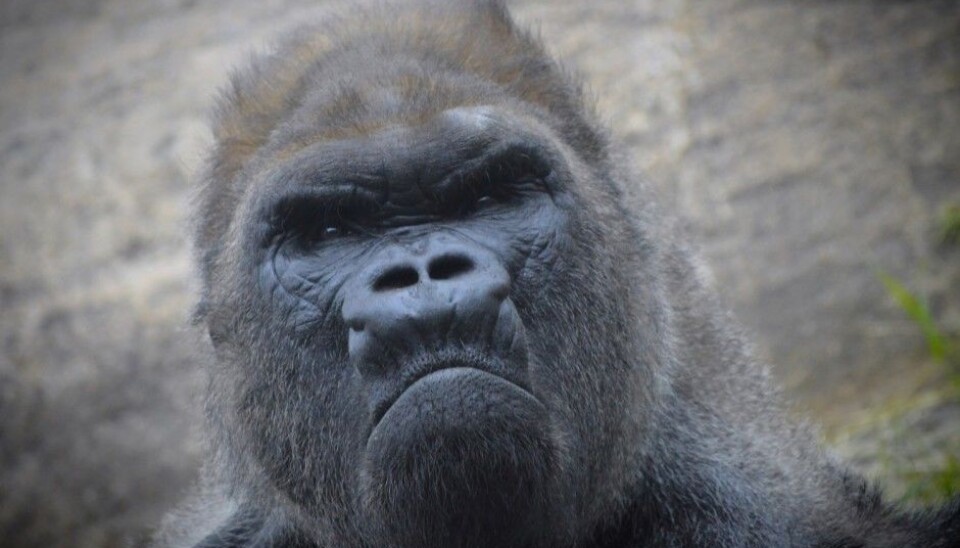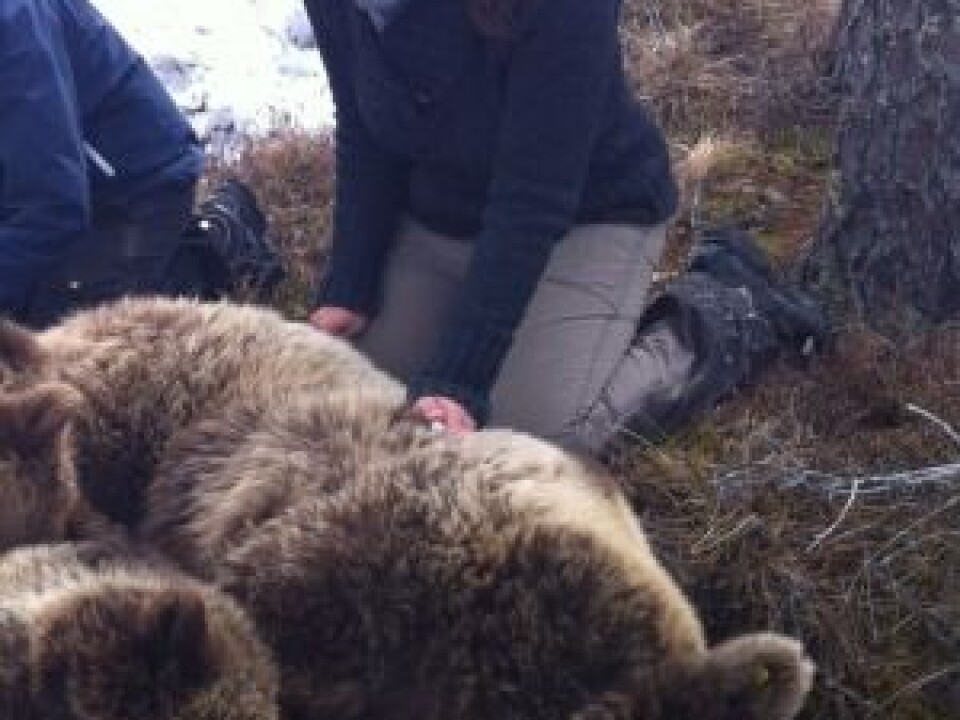
Do animals have personalities?
Donkeys are stubborn, pandas are cute, and dogs are faithful — right? We usually describe people's personalities, but are we right to assign personalities to animals, too?
Our personality has a lot to say about how we think and perceive the world around us, and thus how we live our lives.
Just think of your nosy next-door neighbour or an impulsive colleague who’s always busting into your office to tell you about The Next Big Thing.
But what about a shy dog? Or an aloof cat? Many pet owners think they recognize personality traits in their animals. Are they right?
Animals do have personality
The answer is, well…yes, according to Anne Gabriela Hertel, a PhD candidate at the Norwegian University of Life Sciences.
"We definitely see stable differences between individuals," she says.
Hertel tells us that researchers in recent years have become more interested in an animal's specific personality. Some biologists have developed a system to describe an animal’s personality based on five main characteristics: courage, aggression, curiosity, sociability, and activity.
For example, Trond Amundsen, a biology professor at the Norwegian University of Science and Technology (NTNU), has tried to measure these kinds of personality traits in fish. One type of test measures whether a fish is brave or careful.
Testing bravery

"We let the fish get to know a new aquarium where half is decorated with gravel and plastic vegetation, where the fish can find hiding places and feel safe. The other half of the aquarium is open — a big sea where all kinds of dangers can lurk,” he said.
So what does the fish do? Does it stay in the safe area, or does it venture into the open water? How long does it take before the fish tries? And how does it behave when it explores the creepy part of the aquarium? Does the fish slink along the wall, or does cross it directly across into the open area?
"Then we can compare the results of this test with other attempts," says Amundsen.
"We’ll drop a drop of water into the aquarium, or lower a net in the water and measure how far away the fish swims and how long it takes to swim back,” he said. "If the same individual is brave in both situations, it may be a personality trait.”
Important to understand animals
Hertel not only believes that personality is a characteristic in many animal species, but that it is important to consider these individual differences when we try to understand or manage nature.

"In biology it’s always been about the average. And that can be useful. But when we ignore individual differences we can make mistakes in judgement,” she says.
Perhaps scientists want to know how a group of animals will cope with changes in their habitat. You could figure out the average behaviour of the species in question, and calculate how easy it will be for them to find new, more appropriate habitats nearby.
But here, individual differences can play a major role. Some animals are careful and don’t wander far from their native habitat, while others are brave and are willing to explore new places. At the same time, it may be that brave animals are more likely to get into trouble, by clashing with humans or predators.
Perhaps there are many of these dangers in this particular area. As a result, many of the brave animals die. Behind these brave few is a group of shy individuals who find it harder to adapt to a new situation than researchers had calculated.
"We can actually come to the wrong conclusions if we do not take into account personality," says Hertel.
Can solve human-animal problems
Our knowledge of animal personalities may also help us solve problems, such as human-animal conflicts.
For example, Chicago, the third largest city in the USA, has had trouble with coyotes living right in the city. But researchers have found that most of these coyotes are not a problem. They only chase rodents, are nocturnal and avoid people as best they can.
But there are some brave individuals who are active during the day. They are more likely to end up in confrontations with people. How do we solve these problems?
"The idea is that you do not have to take action against the whole pack, but just the brave individuals,” Hertel said.
——————————————————-
Read the Norwegian version of this article at forskning.no


































